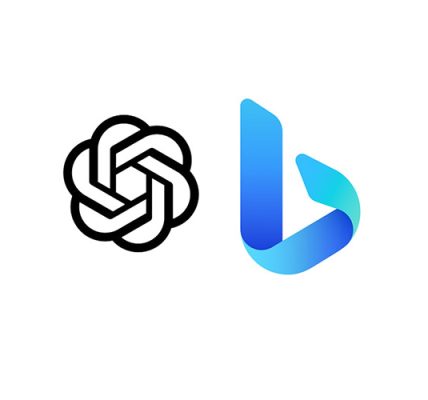Microsoft Fabric: The Comprehensive Data and Analytics Platform Revolutionizing Data Management and Insights
In a groundbreaking development, Microsoft introduced Fabric, an end-to-end data and analytics platform that distinguishes itself from Azure Service Fabric. This innovative platform revolves around Microsoft’s OneLake data lake but also incorporates data from Amazon S3 and, soon, Google Cloud Platform. It encompasses a wide range of features, including integration tools, a Spark-based data engineering platform, a real-time analytics platform, and an enhanced Power BI that offers user-friendly visualization and AI-driven analytics. Notably, Fabric also introduces a no-code developer experience that empowers users to monitor real-time data, trigger actions, and receive notifications based on it. These seamlessly integrated tools are further augmented by the integration of Microsoft’s AI Copilot into Fabric.
According to Arun Ulag, Microsoft’s corporate VP for Azure Data, the past decade has witnessed remarkable innovation resulting in the fragmentation of the modern data stack. The abundance of products, open-source technologies, and solutions has made it challenging for customers to navigate the data and analytics landscape. Moreover, many existing data and analytics products tend to confine data within isolated silos. Recognizing the need to address these pain points, Microsoft focused on creating a unified experience centered around core data analytics workloads, such as data integration, engineering, warehousing, data science, real-time analytics, and business intelligence. The team achieved this by concentrating on a unified computing infrastructure and a single data lake.
Unified Data Infrastructure and Multi-Cloud Support
Ulag explains that Fabric offers a unified compute infrastructure, a unified data lake, and a unified product experience for data professionals to collaborate effectively. Additionally, it provides unified governance to enable IT departments to manage data effectively and establish trusted sources of truth. The unified platform, shared by both IT and business units, streamlines operations and offers significant cost savings—a crucial consideration in today’s business environment.
The positive reception of Fabric is evident from Ulag’s personal demonstrations to 100 Fortune 500 companies. These enterprises appreciate the platform’s ability to simplify their data infrastructure without tying them to a single cloud vendor. Microsoft achieved this flexibility by building the central data lake around the open-source Apache Parquet format, a column-oriented file format for data storage and retrieval. Furthermore, Microsoft adopted a multi-cloud approach, integrating support for data in Amazon S3 and Google Storage.
Streamlined Cost Efficiency and Enhanced Data Governance
To address cost concerns, Microsoft opted for a simplified pricing model that revolves around the compute infrastructure, emphasizing a common Fabric compute unit. Enterprises today prioritize cost-effectiveness and often seek to consolidate vendors. By providing a unified compute model, Fabric reduces wastage and enables the reuse of purchased capacity. This capability, coupled with the virtualized and serverless nature of Fabric’s compute, proves enticing to enterprises.
The fabric also excels in data access management and governance, leveraging Microsoft Purview. For instance, if an employee with appropriate access rights needs to analyze highly confidential employee salary data and export it to Excel or Power BI, the service ensures that any documents created inherit the same confidentiality label and associated rules. Based on these rules, the files are automatically encrypted, providing robust security even if they leave the company premises.
While Fabric offers deep integration, it comprises several components. Data Factory serves as an integration service, offering over 150 pre-built connectors. Microsoft’s Synapse-branded data tools play a crucial role in providing data engineering and data science capabilities for building AI models. On the other end of the spectrum, Power BI enables business analysts and other users to extract valuable insights from the data. Moreover, the new no-code Data Activator service facilitates the automatic triggering of specific actions based on incoming real-time data.
Reflecting Microsoft’s progress in 2023, Fabric features a Copilot that simplifies the process of building data pipelines, generating code, and constructing machine learning models. However, the Copilot is not yet available, and its utility remains to be seen.
Fabric is currently in public preview, and in an unusual move by Microsoft, users can try the service without providing credit card information. Starting from July 1, Fabric will be accessible to all Power BI tenants, further expanding its reach and impact.









